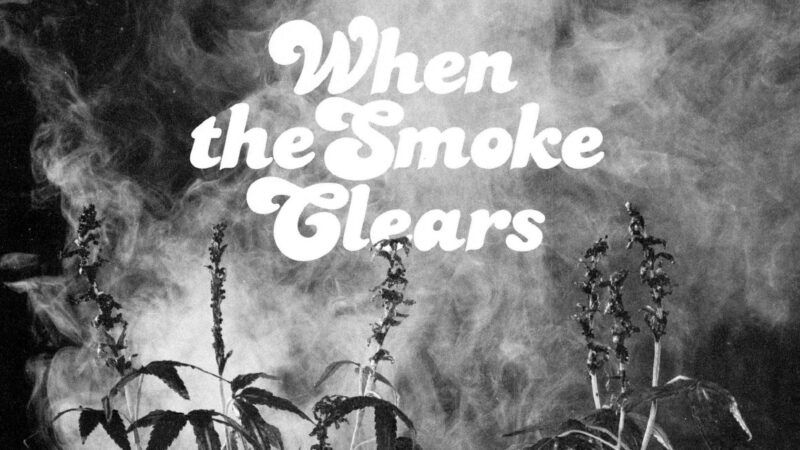Archives: March 2023
Excerpts from Reason's vaults

15 years ago
March 2008
"Today, workplace drug testing is a billion-dollar industry. It has also spawned a thriving anti-testing industry and entirely new crimes. In Indiana, simply owning a Whizzinator—a comically complex but allegedly effective device that consists of a fake latex penis, a harness, synthetic urine, and heating pads—can lead to a 180-day jail term and a $1,000 fine. (This law hasn't stopped people from buying the $150 unit. The company that produces the Whizzinator says it has sold more than 300,000 of them since 1999.) In 2004, a South Carolina man got six months in a state prison simply for selling his clean urine over the Internet."
Greg Beato
"The Golden Age"
20 years ago
March 2003
"Indeed, a wholesale crackdown on illegal immigration could, by consuming scarce resources, hinder rather than help the effort to keep potential terrorists out of this country. 'By some estimates,' says [immigration analyst Daniel] Griswold, 'we spend $3 billion a year trying to keep Mexican workers out of the United States. I'd much rather spend that money trying to keep out Middle Eastern terrorists.'
Given the realities of the global economy and the U.S. labor market, the flow of migrants into this country will be a fact for the foreseeable future. Making legal entry easier for people who want to better their lot in life is a much more feasible solution than making entry 'a fiercely guarded privilege,' as [Michelle] Malkin suggests in Invasion. It is also, of course, far more feasible than the fantasy of deporting the 9 million to 11 million illegal immigrants who are already here."
Cathy Young
"Guilty by Association"
30 years ago
March 1993
"The first lesson that every private-school choice advocate needs to learn is that government monies rarely come without strings attached. What's interesting is that most already understand this to some degree—they know that public schools have become top-heavy with the politicized burdens of bureaucracy, social work, curriculum standards, and complicated teacher-certification requirements. Yet proponents often fail to see how a voucher program, which at least indirectly subsidizes private education, could eventually turn private schools into semi-public entities. Experiences from both the United States and abroad suggest that a private-school choice plan would not necessarily resemble the free market panacea envisioned by many of its supporters."
John Miller
"Good Choice, Bad Choice"
35 years ago
March 1988
"By putting campaigns on the federal dole, the laws also ensure high salaries for consultants, staff members, and assorted hangers-on. It's ironic that the same good-government types who decry enormous campaign expenditures support the very hand-outs that make them possible.
And [Federal Election Commission] money acts as a loan guarantee for Chrysler-like campaigns. As Gary Hart has made abundantly clear, deficit spending is a way of life for politicians—and not only with the federal budget. Candidates borrow against expected matching funds, which they can receive to pay creditors even after they've dropped out of the race. And to make sure no candidates take full responsibility for their debts, the law actually prohibits them from spending more than $50,000 of their own money to pay their bills. Now that's a law we can expect never to be repealed."
Virginia Postrel
"Take the Money and Run"
40 years ago
March 1983
"For eight years, people in Alaska have been allowed to smoke marijuana and it is difficult if not impossible to find any data to support the most dire predictions. One is less aware of the presence of marijuana in Anchorage than in most major cities in other states. Complete strangers have offered to sell me marijuana in Houston, Honolulu, and Seattle—but never on the streets of Anchorage or Fairbanks. Despite personal legalization, public display is negligible.
There has been no increase in automobile deaths or aircraft accidents since Ravin; in fact, those rates are stable or declining. There have been no unexplained epidemics of infectious diseases, birth defects, or infant deaths. Alaska's crime rate—ferociously high since the arrival of the first immigrants—is growing at a much slower pace than it did prior to the decision and currently reflects the national norms more closely than at any time since such statistics were first gathered."
Michael Dunham
"When the Smoke Clears"


Show Comments (10)